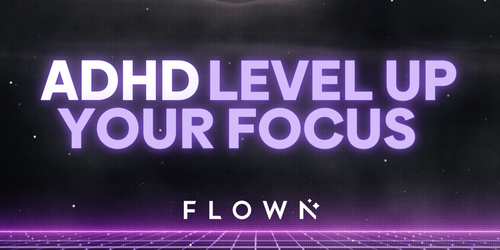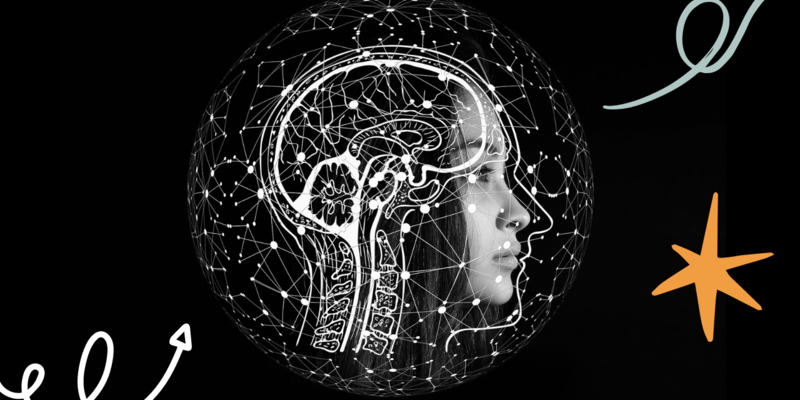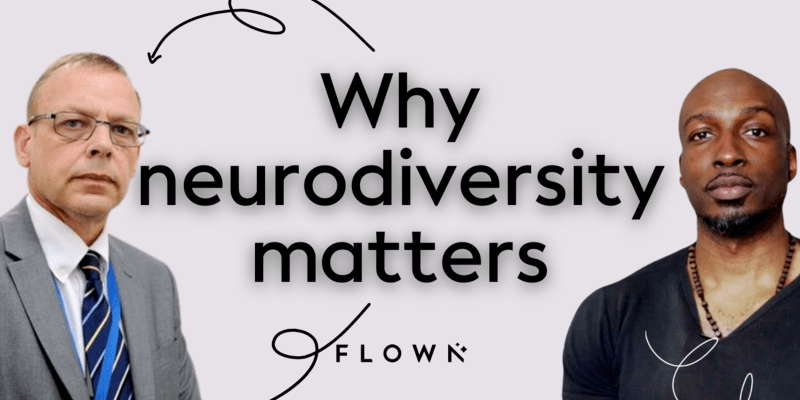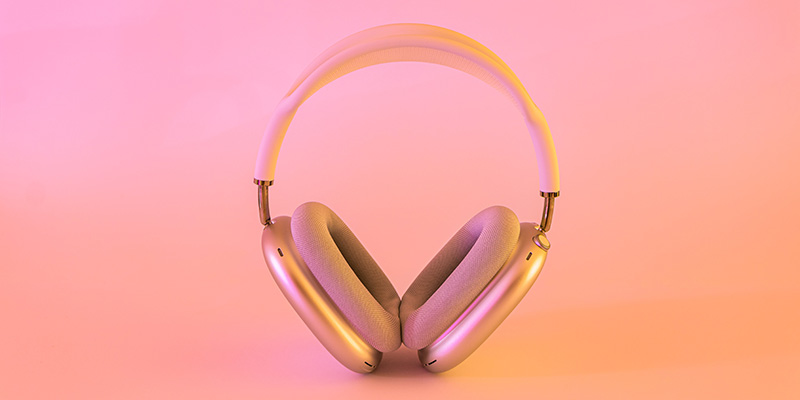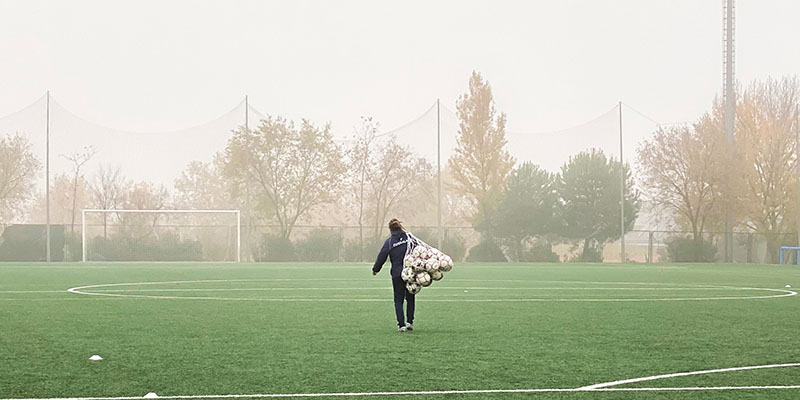ADHD, hyperfocus and fixation: Why can I concentrate so well some of the time?

If you have adult ADHD you may be familiar with a little scenario we’re about to describe called ‘hyperfocus 101’.

By Eleanor Hope-Jones
•
Oct 02, 2023
So you’ve sat down to play a video game, read a book or do some research for a new project. You lose track of time and realise it’s now the small hours of the morning, you’ve missed your evening plans and a few hours of sleep because you became fixated.
This is hyperfocus. A side effect of attention deficit hyperactivity disorder that lots of adults with ADHD tend to experience.
Let's take a closer look at exactly what hyperfocus is, why you’re able to focus so well, and how to trigger it.
What is hyperfocus?
Hyperfocus means being unable to shift your attention away from an activity, task or situation that truly excites you. It’s an intense fixation that means you block out the rest of the world around you.
Think of a child repeatedly ignoring their dad’s call to dinner because they're so intent on playing video games, or a writer ignoring the telephone or their need to eat lunch because they’re so engrossed in the chapter they’re writing.
What can make hyperfocus quite tricky is that intense concentration only occurs with interesting or fun activities, not the mundane tasks of life.
Hyperfocus is most common in people who have autism, schizophrenia and (you guessed it) attention deficit hyperactivity disorder. In fact, some recent research suggests that adults with higher ADHD symptomology also experienced higher and more frequent episodes of hyperfocus.
A lot of what we know about hyperfocus and ADHD is anecdotal evidence
That doesn’t mean it’s not true, but researchers have questioned why such a fascinating and relatively common human experience is under-researched, with a limited amount of peer-reviewed studies.
Hyperfocus is technically not mentioned in the DSM-V in regard to ADHD, but its association with ADHD is recognised by medical and wellness professionals.
(DSM-V stands for the Diagnostic and Statistical Manual of Mental Disorders Number 5, also known as the holy grail for psychologists and psychiatrists.)
This is likely because there is not enough scientific research to create an objectively agreed-upon definition of hyperfocus in medical communities.
So you can have ADHD and still be able to focus?
In a word: Yes!
It’s a bit of a misconception that attention deficit hyperactivity disorder is a complete inability to focus. This is why some professionals have started referring to ADHD as VAST or variable attention stimulus trait.
ADHD is a problem with regulating focus.
A helpful way to think of regulation is not being in charge of something. If focus was a car that we can use to drive us places, someone with ADHD does have a car, but they’re not in the driver's seat.
Especially if they’re not diagnosed and don’t have strategies in place to help them manage their ADHD brain.
What are the symptoms of hyperfocus in adult ADHD?
Researchers have gathered together 4 recurring traits that people repeatedly reference when describing hyperfocus.
Intense focus or state of concentration
Little to no perception of the surrounding environment
Finding the task fun or interesting
Improved performance of the task
Other experts have suggested the task needs to be not too easy or hard, but there isn’t a medically defined and agreed-upon list of symptoms for hyperfocus.
What triggers hyperfocus?
Experts have theorised hyperfocus is chemically caused by low levels of dopamine, which is the chemical that boosts our brain's attention and makes us feel rewarded.
An ADHD brain will have a difficult time switching from things they may define as interesting but unimportant tasks, to tasks that are important but just aren’t that interesting.
There isn’t that pull to stop doing the fun interesting thing, which means an ADHD brain can get stuck in it.
It’s worth mentioning that it’s difficult to study hyperfocus in a scientific setting as most cognitive experiments are not interesting or fun for an ADHD brain.
Constantly asking questions or asking a subject for feedback is also likely to stop the hyperfocus state from ever taking hold.
Can I make myself hyperfocus?
It’s impossible to ‘turn on’ hyperfocus at will, but if you have experienced hyperfocus organically before it’s possible to create an environment where it's more likely to appear.
First off, make sure you’ve removed or turned off all distractions before you start working.
(This means phones in the other room folks.)
Gather all the equipment together you’ll need for the next few hours, and make sure to include a large bottle or glass of water as hydration is key for focus. Give yourself a time period to work within and a specific goal to work towards. Set an alarm for the end of your session and give yourself time to review how it went afterwards.
Ask yourself some of the following questions:
Did you experience hyperfocus?
How long did you experience hyperfocus for?
What topics were you working on?
What environment were you in?
What time of day were you working?
Had you eaten anything specific or done any kind of exercise beforehand?
Over time you’ll begin to see if there are any patterns so that you can tweak your working rituals to make hyperfocus more likely to come when needed. An ADHD coach may also be able to help you understand your unique patterns if you’re struggling to understand your ADHD brain by yourself.
Remember hyperfocus happens when you’re enjoying the task at hand, so it’s unlikely you’ll be able to induce hyperfocus for a task you find unpleasant or boring.

Try a Flock for free to help you find focus
FLOWN runs 6 deep work sessions every weekday from morning to night. Flocks are digital co-working spaces, designed to free you from distraction and get more done.
Do neurotypical people experience hyperfocus?
Hyperfocus is most common for people who have conditions that affect their attentional abilities like autism, schizophrenia and ADHD.
Sometimes neurotypical people may experience hyperfocus-like states, but more often than not they’ll be experiencing a flow state that is slightly different from hyperfocus.
The difference between flow state and hyperfocus
Being in a flow state is giving your full attention to an activity or task and feeling completely immersed in it. You’ll be in an optimal state of productivity knowing exactly what you need to do from one moment to the next to achieve your goal.
This might sound exactly the same as hyperfocus, but in a flow state, you’re directing your attention. In hyperfocus, your attention is directing you.
In his book Learn to Thrive with Adult ADHD Phil Boissiere theorises that flow state is a productive use of your time, whereas hyperfocus is not innately productive.
Let's say you’re trying to write a history book.
A flow state might look like collating research into a usable chapter outline, gaining an understanding of what happened in the time period, and sending ideas to your editor to meet a deadline.
Hyperfocus might look like learning every single tactic of a king who was particularly ingenious at winning a single battle, but who didn’t actually affect the time period your book focuses on.
Some people with ADHD believe that you can move between a flow state and hyper-focusing. It's why sometimes you might come out of hyperfocus feeling satisfied and productive, and other times regret the time you spent.
Again it’s an under-researched area of ADHD, but if you think you experience hyperfocus it’s useful to learn how to use it to your advantage and set yourself up for success.
How do you control hyperfocus?
Hyperfocus might sound like an incredibly beneficial (not to mention kind of cool) experience to have. Who doesn’t want endless energy, focus and improved performance when completing a really tricky task at work?
But remember someone who experiences hyperfocus doesn’t necessarily get to choose what they’re going to focus on.
Imagine having a strict work deadline or housework you’d promised you’d do, only to get stuck in hyperfocus on something else. Many adults with ADHD describe it as something that truly affects their self-esteem and relationship with the people closest to them.
Here are a few tips to try the next time you need to break out of hyperfocus:
Set up external cues
Therapist and ADHD blogger Janette Reinke recommends setting up external cues to help you break out of hyperfocus.
This might look like setting an alarm or asking someone to interrupt you at certain times of the day.
Having a daily routine where you regularly schedule breaks and alarms can help master this so that you don’t fixate on an unhelpful task for hours on end.
Visualize your future self
If you’re aware that you’re hyper-focusing but can’t seem to stop, visualising your future self can help.
Author and psychologist Kelly McGonigal explains how we perceive our future self as a different person in her book The Willpower Instinct. All humans experience this, but ADHD adults experience the need to prioritise their present enjoyment more intensely.
By visualising your future self that evening in the kitchen or relaxing in bed after having completed your tasks, you can remember other pleasurable things you’ll experience by stopping, and breaking out of hyperfocus.
Hyperfocus is a double-edged sword
If you experience hyperfocus it can be frustrating, exciting and intense. By learning more about how your ADHD uniquely affects you, you can hopefully use your hyperfocus to your advantage.
But remember to be compassionate towards yourself in your ADHD journey. There’s no magic button you can press to turn on hyperfocus, only a condition you can create in which the elusive state might appear.

Join a Flock for free to help you find ways to manage your ADHD
Our expertly facilitated deep work sessions will help you focus and get more done than you ever thought possible.
Run on Zoom and guided by one of our expert facilitators, Flocks are unique, fun – and so effective that 88% of people who try one come back for more.
